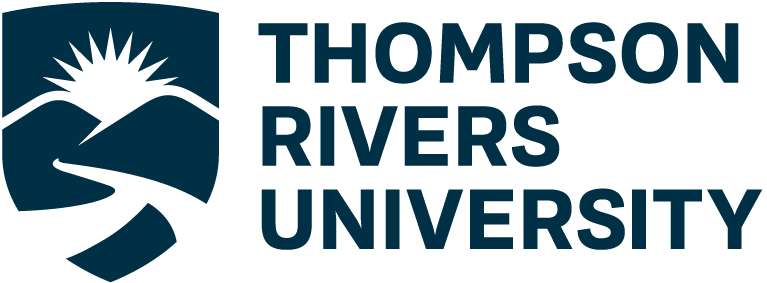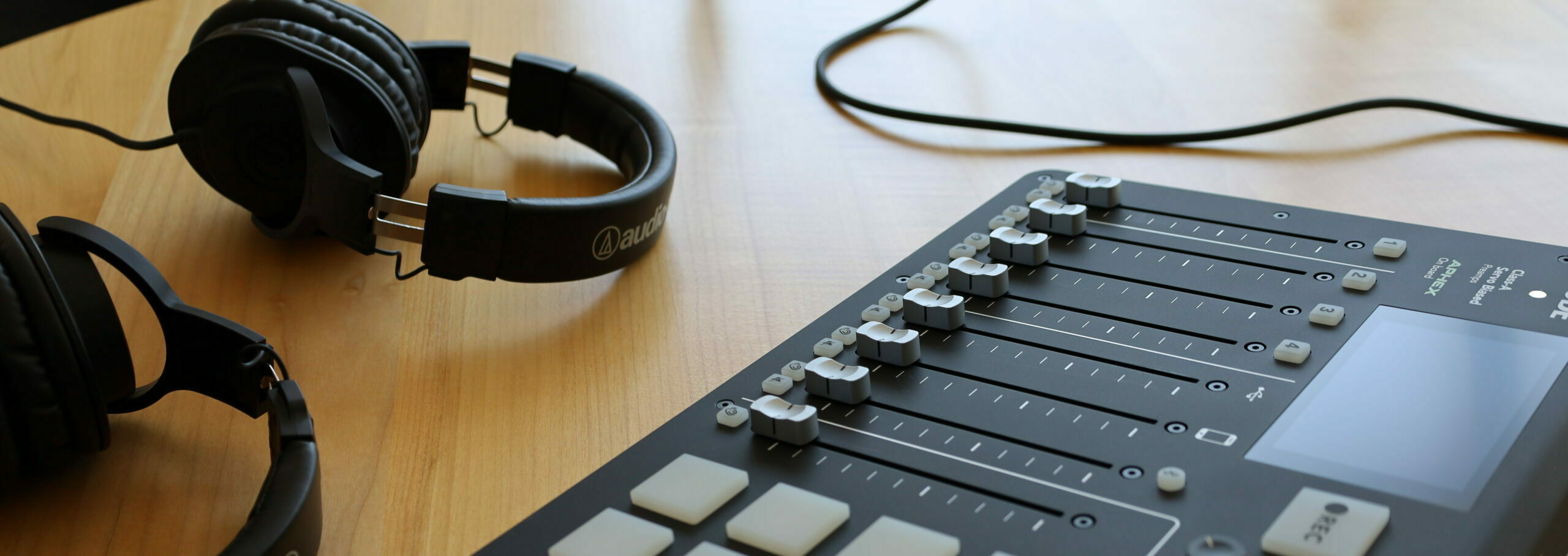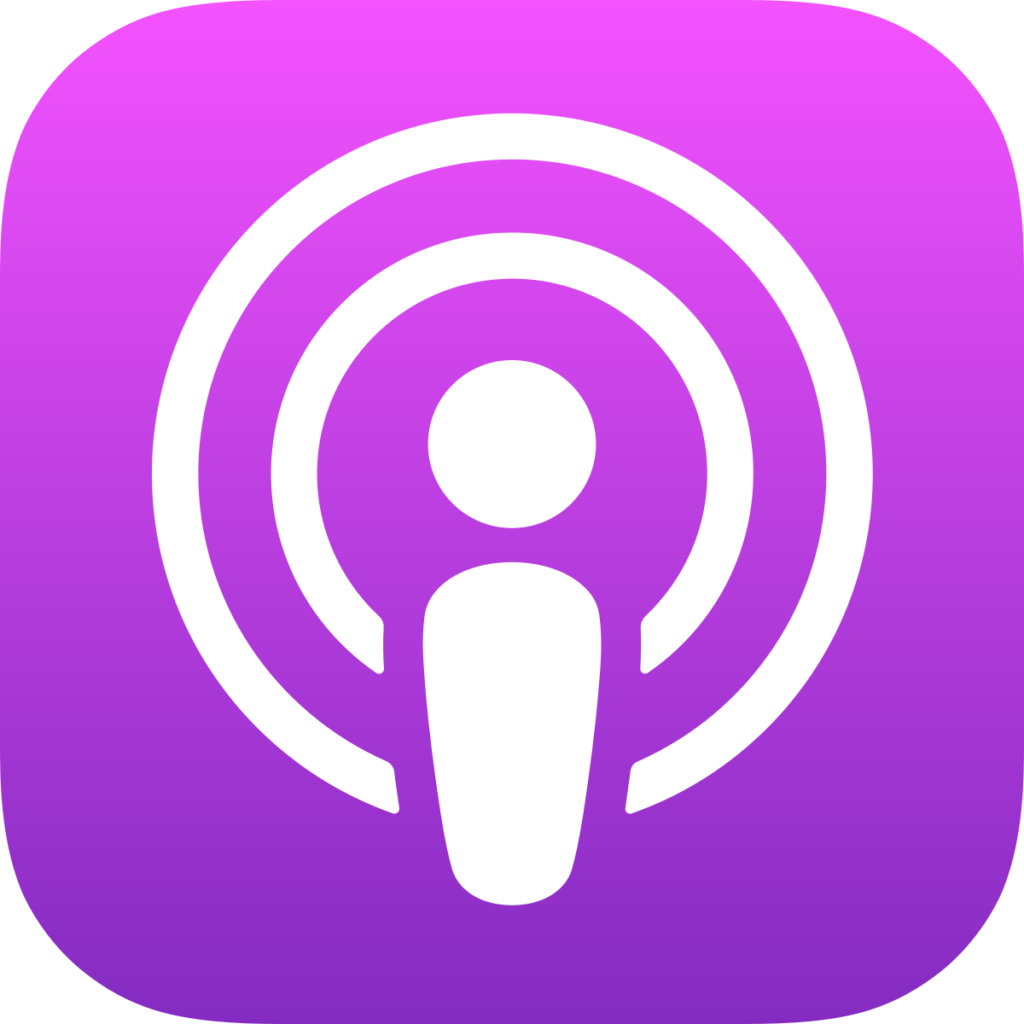Episode 2: How to Create a Research Network with Dr. Kingsley Donkor

Welcome to another episode of the CURNCast, where we delve into the world of undergraduate research. In this episode, we’re joined by Dr. Kingsley Donkor, a Chemistry professor and superstar research supervisor at Thompson Rivers University. Our discussion with Dr. Donkor focuses on creating a research network and the importance of networking in research. We’ll explore the basics of networking, including how to find a supervisor and the benefits of having a strong research network. Dr. Donkor will share his insights and practical tips on how to network effectively in research, and how to build meaningful relationships with potential supervisors and collaborators. We’ll also discuss the role of networking in advancing your career in academia and beyond. Whether you’re a student looking to start your research journey or a seasoned researcher seeking to expand your network, this episode is sure to provide valuable insights and actionable advice. Join us as we explore how to create a research network with Dr. Kingsley Donkor.
Show Notes
Interested in the research Kingsley and his students are doing? Click HERE for more information.
How to be a Good Candidate for Research:
- Have an idea of future career goals.
- Have passion for the type of research you want to engage in.
- Ask lots of questions during initial meetings with potential supervisors.
- Show your enthusiasm for research.
Transcripts
Subscribe
Wherever you listen to your podcasts




